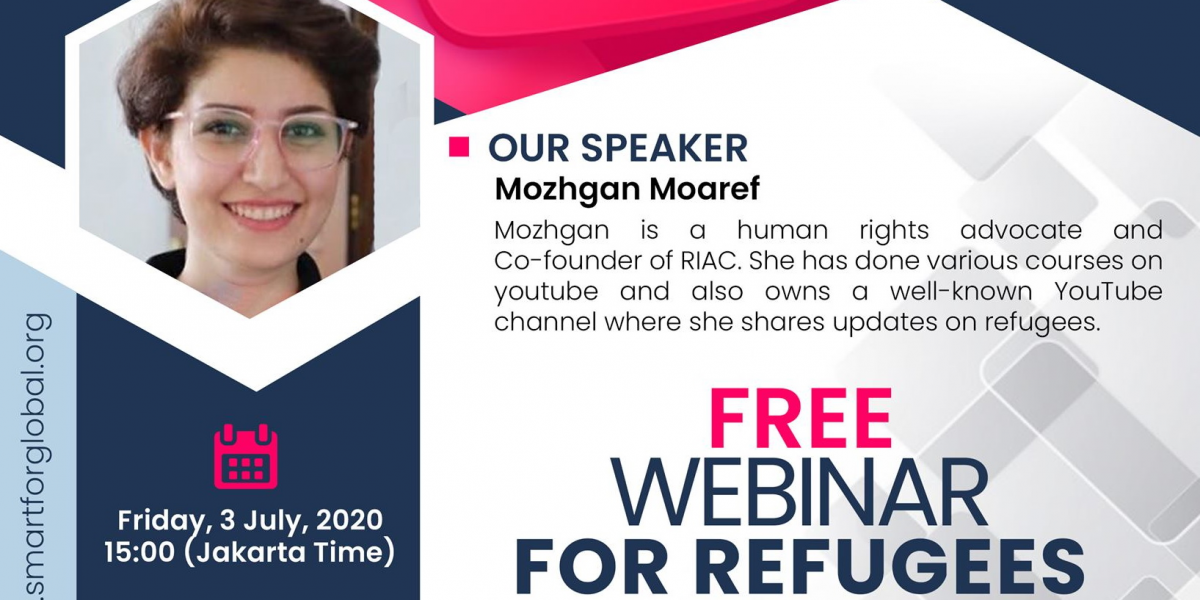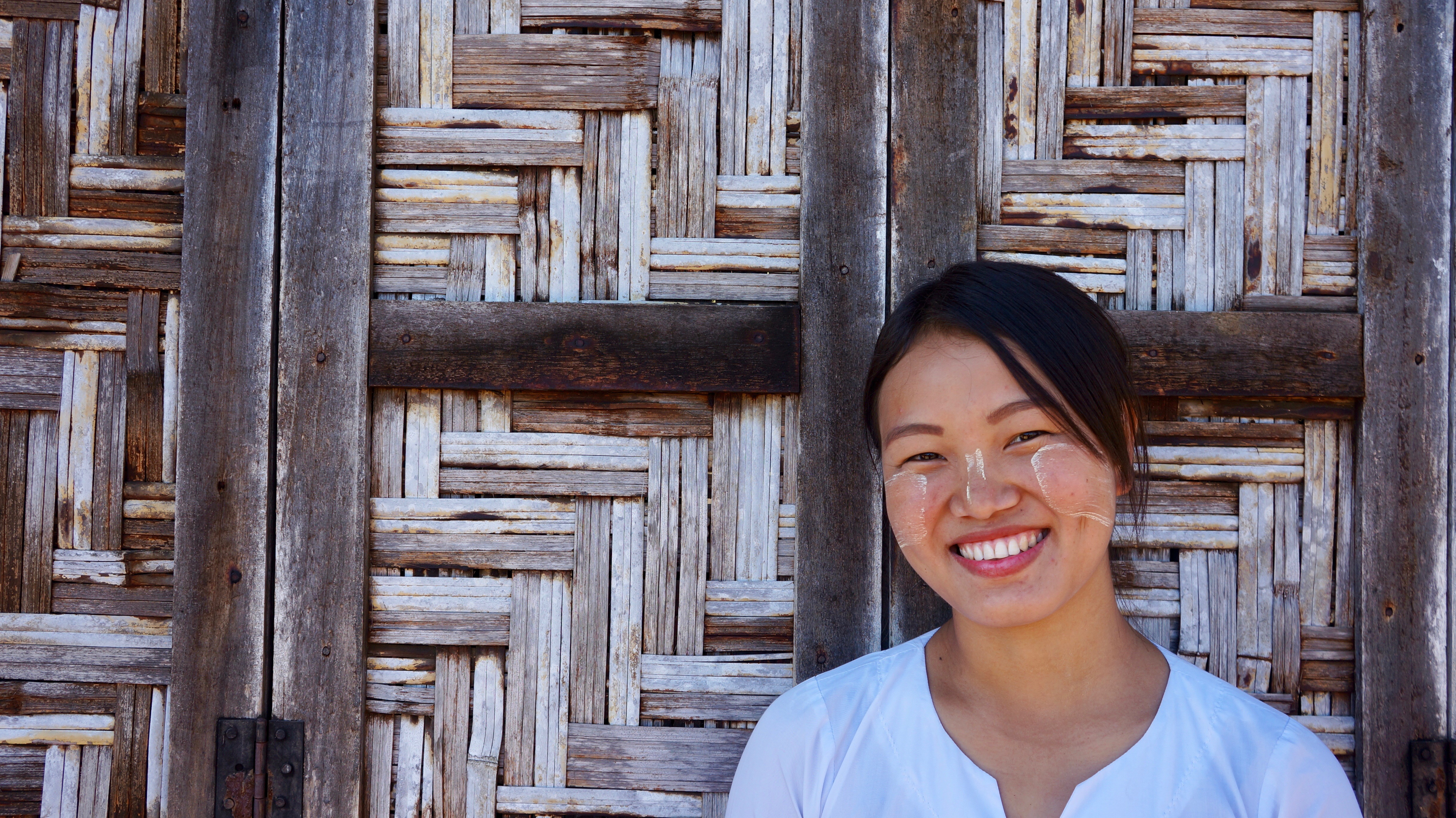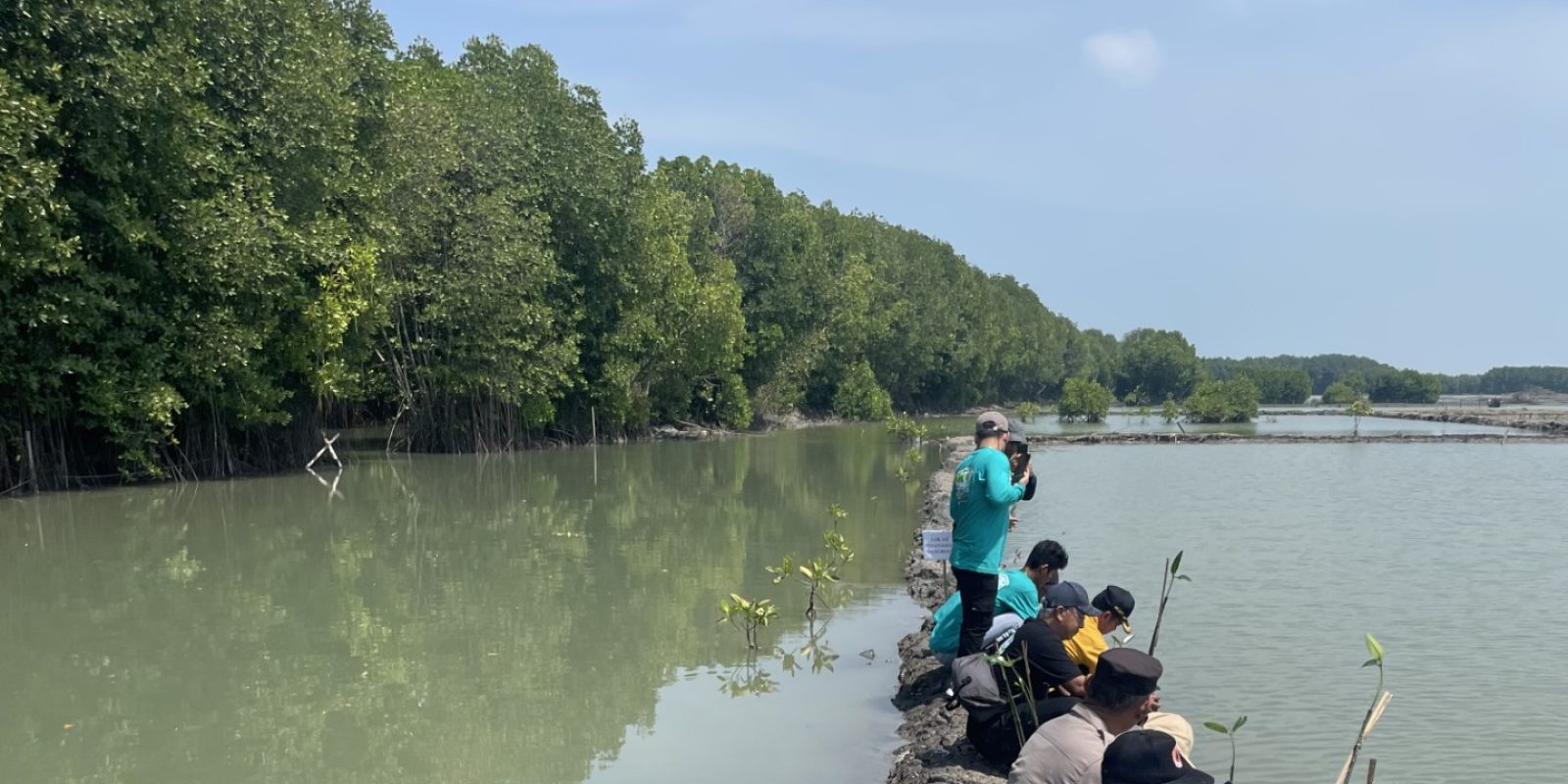Indonesia: Online COVID-19 response
31 January 2026

JRS Indonesia addressed the socioeconomic impact of COVID-19 pandemic on de facto refugees. They are exposed to the same vulnerabilities as nationals but are more likely to find themselves in a precarious situation due to factors such as their legal status, the high prevalence of refugees in the informal labour market and limited access to social and health services.
JRS Indonesia’s COVID-19 response activities have provided emergency assistance to de facto refugees since May 2020. 388 de facto refugees (254 men, 134 women), who were struggling to survive as economic impact of COVID-19 worsens in Bogor and Jakarta, to be able to cover their minimum expenditure for essentials, to pay rent, and to maintain good health. Hand sanitizers and face masks were distributed to 535 persons of the neighbourhood, as well as 2,700 de facto refugees (1,494 men, 1,206 women) living in Bogor and Jakarta to protect them from the COVID-19.
Apart from providing protective equipment, JRS Indonesia also enhanced more inclusive assistance through online platforms that have been used to provide essential information on COVID-19 in different languages. JRS, in collaborated with SMART, a newly developed initiative by refugees who have skills and expertise to make livelihood through online platform (www.smartforglobal.com), conducted a Free webinar on ‘Learn about Online Platforms and Make a Livelihood’ in May, and ‘Learn about Youtube and Make a Livelihood‘ in July. During the pandemic situation, JRS and SMART collaborates for two months to make audio-video containing information on Covid-19 in Persian Dari, Arabic and Somali. Furthermore, SMART and JRS are also in the process of producing video and audio/slide narration on several information packages on COVID-19 with aim to reach the illiterate refugees so they can have access to information. The final products will be also uploaded to SUAKA website and the links can be share on any social media.
JRS Indonesia addressed the socioeconomic impact of COVID-19 pandemic on de facto refugees. They are exposed to the same vulnerabilities as nationals but are more likely to find themselves in a precarious situation due to factors such as their legal status, the high prevalence of refugees in the informal labour market and limited access to social and health services.
JRS Indonesia’s COVID-19 response activities have provided emergency assistance to de facto refugees since May 2020. 388 de facto refugees (254 men, 134 women), who were struggling to survive as economic impact of COVID-19 worsens in Bogor and Jakarta, to be able to cover their minimum expenditure for essentials, to pay rent, and to maintain good health. Hand sanitizers and face masks were distributed to 535 persons of the neighbourhood, as well as 2,700 de facto refugees (1,494 men, 1,206 women) living in Bogor and Jakarta to protect them from the COVID-19.
Apart from providing protective equipment, JRS Indonesia also enhanced more inclusive assistance through online platforms that have been used to provide essential information on COVID-19 in different languages. JRS, in collaborated with SMART, a newly developed initiative by refugees who have skills and expertise to make livelihood through online platform (www.smartforglobal.com), conducted a Free webinar on ‘Learn about Online Platforms and Make a Livelihood’ in May, and ‘Learn about Youtube and Make a Livelihood‘ in July. During the pandemic situation, JRS and SMART collaborates for two months to make audio-video containing information on Covid-19 in Persian Dari, Arabic and Somali. Furthermore, SMART and JRS are also in the process of producing video and audio/slide narration on several information packages on COVID-19 with aim to reach the illiterate refugees so they can have access to information. The final products will be also uploaded to SUAKA website and the links can be share on any social media.



